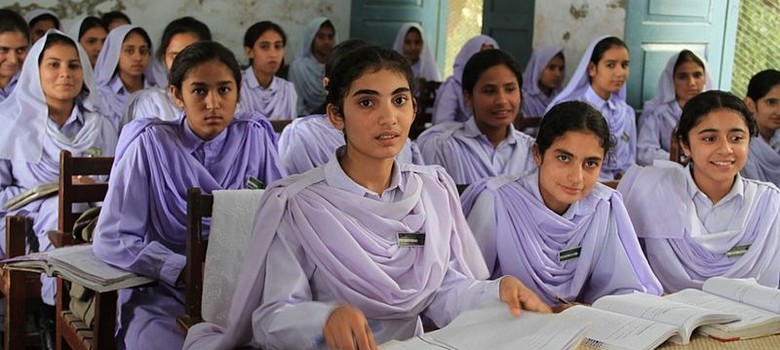
Seventy-five years after independence Pakistan is no country for minorities of any kind – ethnic, linguistic, religious, or even gender based. Within a space of 48 hours, Lahore police recorded 8 incidents of rape. In 2022, the country ranked 145th on the gender equality index owing to data that showed a “rape epidemic” — a rape occurs every two minutes chiefly because of an abysmal 3pc conviction rate. The same year, Sindh’s rape cases shot up by 200pc with a conviction rate of under 1pc; the highest figure of 185 came from Karachi East.
As an editorial in Dawn noted, “the safety and value of women defines the moral compass of a nation. But depressingly, Pakistan finds itself on shaky ground.”
As Dawn noted, “In our blinkered milieu, sensitised, informed discourse can set the tone for congruence. For this, the focus on raising a male child to respect women and the concept of consent should erase victim-blaming and supervision of women. Our national leaders and institutions turn rape into insipid drollery as demonstrated by PPP’s Nabil Gabol in April, Imran Khan’s outdated notion of advocating purdah since ‘men are not robots’ and a high court setting aside a life sentence as the perpetrator agreed to marry his victim.”
While radical amendments in rape laws have tackled archaic clauses, Dawn pointed out, “edicts that use ‘virtue’ to argue sexual assault persist, alongside the misogyny of law enforcers and officers of the court. Such language leads to crimes that, in turn, violate ideals of justice. Moreover, criminal inclinations guide rapists; it’s a crime of power and revenge, not sex. Therefore, a woman confined within the home is far from safe; she is vulnerable to offences like marital rape. Pakistan cannot continue its cavalier approach; safe spaces, aware citizenry, rapid accountability is past due.”
![]()





